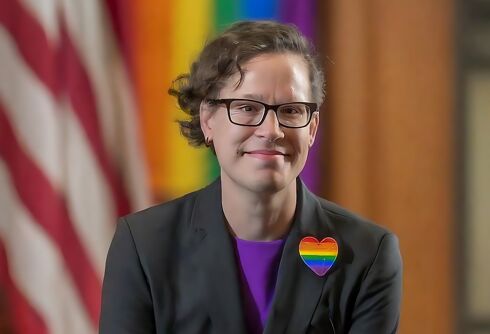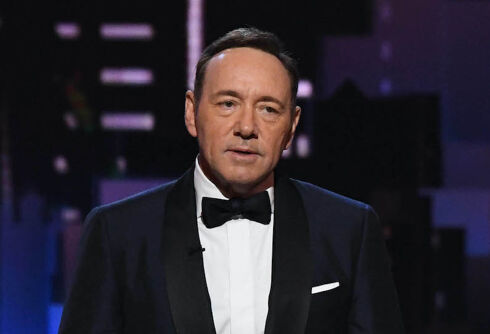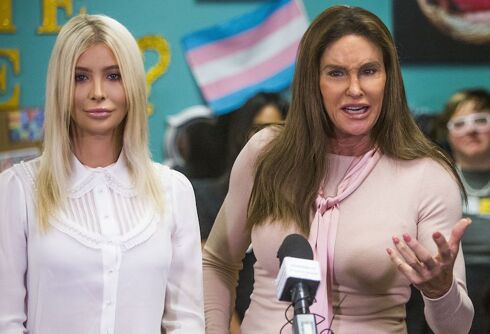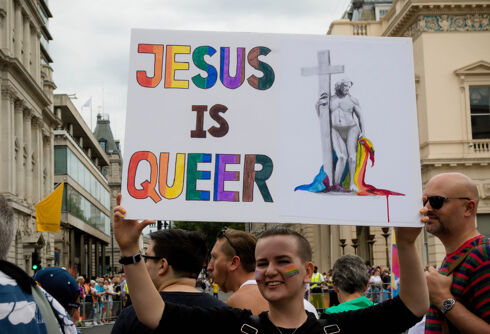UNITED NATIONS — International Olympic Committee President Jacques Rogge said Friday he is “comforted” that Russia has agreed to respect the Olympic Charter’s ban on any kind of discrimination following its adoption of a law against gay “propaganda” that has sparked an international backlash.

Jacques Rogge
But Rogge sidestepped a question on whether he was satisfied with the assurances the IOC received in a letter from Russian Deputy Prime Minister Dmitry Kozak on Thursday saying Russia will not discriminate against homosexuals during the Winter Olympics in the Black Sea resort of Sochi in February.
“We have received strong oral but also written reassurances that there will be no discrimination for the people who will attend the games in Sochi,” Rogge told several reporters after addressing the U.N. General Assembly following its adoption of a resolution proclaiming April 6 as the International Day of Sport for Development and Peace.
“We are going to inform now all the national Olympic committees, and all the athletes who want to have clarity,” he said.
Never Miss a Beat
Subscribe to our newsletter to stay ahead of the latest LGBTQ+ political news and insights.
“But we have been comforted by the fact that the Russian Federation agrees to respect the Olympic Charter, but also the host city contract that was signed with the organizing committee,” he said. The contract requires Sochi to comply with the Olympic Charter.
While Kozak guaranteed that Russia will fulfill its obligations to the IOC “in its entirety,” he did not back down on the new law which penalizes anyone who distributes information aimed at persuading minors that “nontraditional” relationships are normal or attractive.
Article continues below
Homosexuality was decriminalized in Russia in 1993 and Russian officials have been at pains to emphasize that it doesn’t penalize gay orientation or activity. But the law does reflect widespread animosity toward homosexuals in Russia and its vagueness has raised many concerns.
On another Olympic issue, Rogge was asked about the Sept. 7 vote on the host city of the 2020 Olympics, where Tokyo, Istanbul and Madrid are the finalists.
“They’re very close to each other,” he said. “These are three very good bids. So it’s not going to be easy for my colleagues to determine the winner. … I think the ultimate choice will be a matter of a difference of two, three votes, no more than that.”
This material may not be published, broadcast, rewritten, or redistributed.













